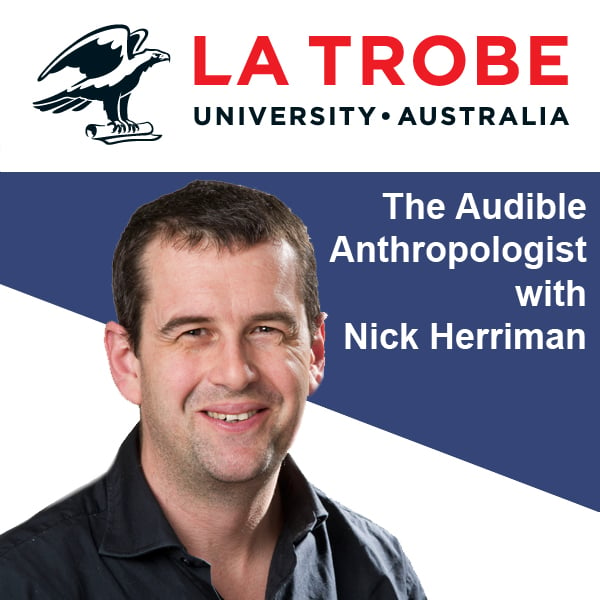Gender
Description
Notions of gender are culturally specific. Until recently, at least, Western societies tended to define sexuality (ie. homo-, bi-, and hetero-sexuals) in terms of sexual orientation or attraction. In Western understandings of rape, women’s genitalia and sexuality were frequently understood as inherently vulnerable and subject to brutalisation, while men’s were thought inherently brutalising and penetrative. However, for various reasons, mostly circulating around conceptions of the body, these ideas are not shared in all societies. In this episode, we consider several examples from non-Western societies that conceptualise and work with gender in unique ways.
Copyright 2013 Nicholas Herriman / La Trobe University, all rights reserved. Please contact for permissions.
More Episodes
Some of the West biggest moral disputes, such as abortion, life support, and euthanasia, centre on defining life and death. Anthropology shows us that while the definition of “alive” is culturally specific, one commonality many cultures appear to share is two concepts. Biological life consists in...
Published 06/21/13
Published 06/21/13
According to a modern world view, things exist which can be measured in terms of weight, length, volume, time, temperature, etc.. A spoon or a stone has all these qualities. We call such things “matter” and we have made “science” the proper study of them. The other kind of thing that exists...
Published 05/31/13


